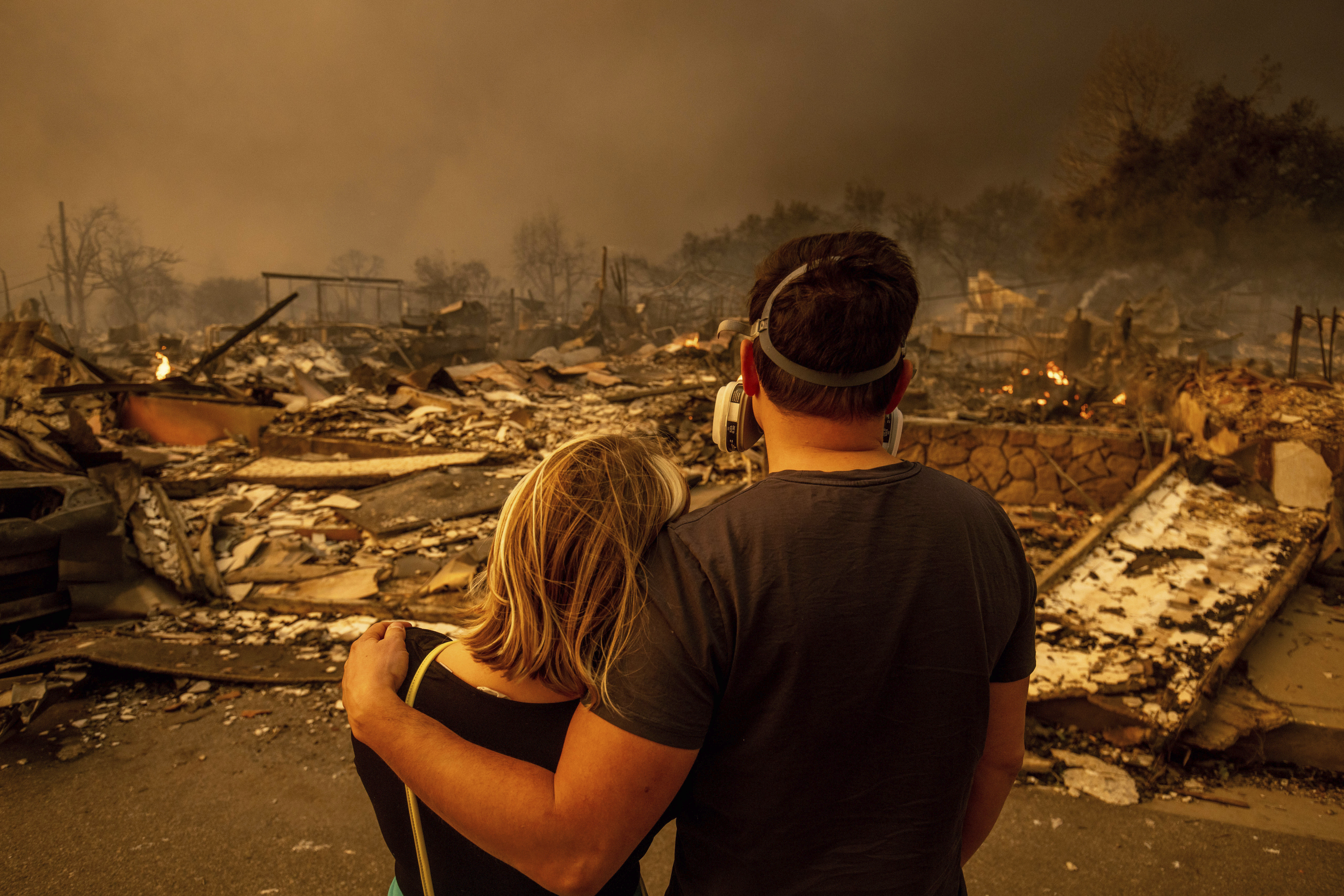America is now California.
That was a major take-away from Tuesday's election.
The Golden State has long been the incubator for national political trends and themes. Ronald Reagan started here in 1966. The prairie fire of tax reform was kindled by Howard Jarvis and Proposition 13 in 1978. California led the 1992 "Year of the Woman," electing two women U.S. Senators. And the searing debate over illegal immigration that continues to shape the future of national politics was ignited in 1994 by California's Proposition 187.
Now, the 2012 Presidential election has confirmed that California is the harbinger of a new national electorate -- younger, multi-racial, multi-ethnic, more moderate, and more accepting of social, cultural and religious differences. This is the electorate that helped elect Jerry Brown as governor in 2010 -- despite massive spending by his GOP opponent, and steadily increased Democratic legislative majorities over the last decade or so.
With the election of Democratic supermajorities in both legislative houses (theoretically allowing passage of tax increases without a single GOP vote), it is an electorate which has already marginalized Republicans in a solidly Blue State.
And it is the electorate that President Obama relied on through his long slog to re-election as president.
Overall, California voter registration is at an all-time high; GOP registration is at an all-time low -- dipping below 30 percent for the first time ever. In the not-that-distant future, the California GOP may become the state's third party -- behind No Party Preference (NPP), now the home of 1 of 5 California voters.
U.S. & World
Currently, no ethnic group is a majority in California. According to State Department of Finance estimates, in 2016 Latinos will replace Anglos as the state's largest ethnic group. Demographically and politically, Orange County isn't even Orange County any more.
The percentage of Latinos in the state's population still outweighs their percentage of the electorate, but Latino registration and turnout are steadily increasing and impacting California elections. Latino voters were a crucial factor in the defeat of GOP Congresswoman Mary Bono Mack, the only woman in California's GOP Congressional delegation, by Democrat Raul Ruiz, the first Latino to challenge Bono Mack, in a newly drawn Palm Springs Congressional District.
It's no coincidence that, in California, the Tea Party never achieved the influence it did in GOP politics that it did nationally. And Grover Norquist, who demanded obeisance to his "no new taxes" pledge from Golden State GOP legislative caucuses, finds himself stymied here by a new independent redistricting commission and the state's "top-two" primary (not to mention voter approval of Prop. 30, Gov. Brown's tax increase initiative).
Now political arithmetic has sideswiped the national GOP. According to a survey of Hispanic voters by Latino Decisions, Latinos supplied the winning margin for President Obama in the swing states of Colorado, Florida and Nevada.
Despite the fact that national Republicans still control the U.S. House, the toxic GOP brand -- a party of rich, white men in grey suits -- that has crippled the state GOP has begun to define public perception of the national party.
That cannot happen in the face of diversity, and an increasingly diverse electorate.
Somebody or something has to drag the GOP kicking and screaming into the 21st century -- or the party will eventually go the way of the Whigs.



